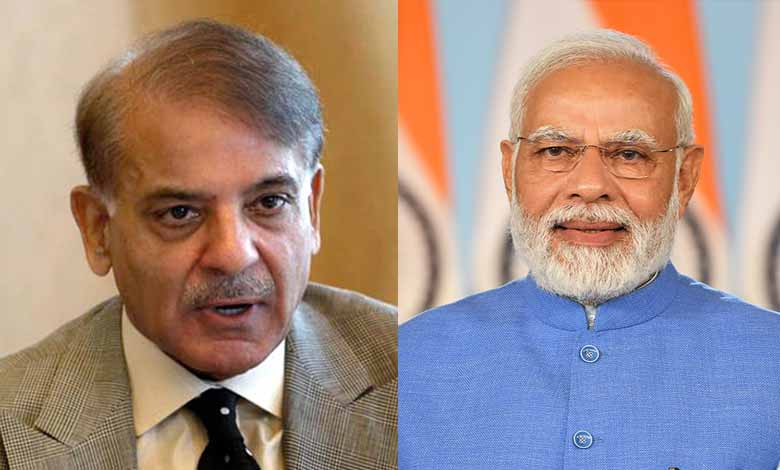India’s Strikes in Pakistan Under ‘Operation Sindoor’ Raise Escalation Fears
The Indian armed forces claimed the precision attacks targeted “terrorist infrastructure” and emphasized that the action was “non-escalatory” and avoided military installations.

In the early hours of May 7, India launched coordinated missile strikes on nine terror-linked locations in Pakistan and Pakistan-occupied Kashmir (PoK) under the code name Operation Sindoor. The Indian armed forces claimed the precision attacks targeted “terrorist infrastructure” and emphasized that the action was “non-escalatory” and avoided military installations.
Table of Contents
Islamabad Alleges Civilian Deaths, Claims Jets Shot Down
While India maintained the strikes were targeted, Pakistan alleged that the missiles struck six cities, killing at least eight civilians including two children. Pakistani officials also claimed their air force shot down multiple Indian jets — a claim India has not responded to.
Strategic Targets Across Punjab and PoK
Among the locations hit were Kotli and Muzaffarabad in PoK and Bahawalpur, Muridke, Sialkot, and Shakar Garh in Punjab, Pakistan’s most populous and economically vital province. Analysts say the strikes mark the first time since 1971 that India has targeted Pakistan’s Punjab region, including areas close to major urban centres like Lahore.
Operation Sindoor: Retaliation for Pahalgam Attack
India launched the strikes in response to the April 22 terror attack in Pahalgam, Jammu & Kashmir, where 26 people, including a Nepali national, were killed. New Delhi blamed Pakistan-based groups for the massacre and vowed a strong response. The Indian Army described the strikes as justice served, writing on X, “OPERATION SINDOOR: Justice Delivered”.
Domestic Approval and Political Repercussions
The strikes have bolstered Indian Prime Minister Narendra Modi’s image as a decisive leader ahead of elections, political analysts say. The government’s careful messaging — balancing military strength with restraint — appears aimed at both domestic and international audiences. “India is retaliating in a precise manner,” said New Delhi-based analyst Rasheed Kidwai.
Analysts Warn of Rising Tensions
While the Indian government stressed its avoidance of civilian and military infrastructure, experts believe the situation may still spiral. Sumantra Bose, a political scientist, called the operation “a very concerning development,” noting the strikes targeted major Pakistani cities, not just remote border zones.
Regional Instability Looms
Since the strikes, both Indian and Pakistani forces have exchanged gunfire across the Line of Control. Experts warn of potential escalation, especially given the nuclear capabilities of both nations. “We’re not at nuclear conflict,” said Michael Kugelman of the Wilson Center, “but the escalation risks are high.”
Pakistan’s Likely Response
In Islamabad, political and military leaders have condemned the strikes as an “act of war” and promised retaliation. Analysts suggest the Pakistani military could use the attacks to consolidate its influence, appealing to national unity amid the crisis.
Conclusion: Fragile Calm in a Volatile Region
Operation Sindoor has not only intensified India-Pakistan tensions but also reignited global concerns over conflict between two nuclear-armed neighbours. With both countries trading artillery fire and issuing stern warnings, the coming days may prove critical in determining whether diplomacy or further escalation prevails.
